 There’s nothing that frightens writers more than writer’s block, that massive impenetrable barrier that can crash down between you and the page and make your writing life untenable.
There’s nothing that frightens writers more than writer’s block, that massive impenetrable barrier that can crash down between you and the page and make your writing life untenable.
The distinguished poet, Friedrich Schiller, sniffed rotting apples to overcome writer’s block. In the 18th century, it was thought this awful aroma stimulated creativity, but the most famous case of writer’s block is probably the celebrated poet Rainer Maria Rilke. Rilke waged a titanic struggle against writer’s block he only won after 13 years of struggle and depression when he produced the Duino Elegies swiftly followed by the Sonnets to Orpheus, some of the most sublime poetry ever written.
If you’re afflicted with writer’s block or just flirting with it, here are my thoughts. Writing can be a very stressful activity and what most often hangs up writers is getting started on a new piece. Yes, we get to work sitting down, but there’s still plenty of heavy lifting like the intimidating sight of a blank page. Once you have something to work on, your task changes from getting it down to making it better and because you can always see ways to improve something, that task tends to come easier.
The first thing you want to do is make sure your blank page doesn’t stay blank for very long because it’s the blankness that’s making you feel bad. Winston Churchill who liked to paint wrote about his initial struggle to face down an empty canvas. He approached it timidly with the tiniest of strokes so as to avoid making a mistake when his neighbor’s wife grabbed a large brush and placed several bold strokes on the canvas! The effect was immediate. Churchill broke through his inhibitions and threw himself into painting. The principle is the same with words. What most often stops writers is thinking their initial draft has to be perfect when it doesn’t even have to be intelligible. The point of a first draft is to get past the blankness even if what you write is gibberish. Never forget, nothing you write is fatal because you can always rewrite it.
An initial draft is a form of free association. You start with your original idea, then let your mind wander and record anything that occurs to you. It may be dialogue or description or narration. It may be a reference to something you read somewhere else. It may be a news item or a casual conversation you overheard. It could be anything. Whatever it is, you’re intrigued so let your mind play with it and write down whatever occurs to you. At this point, don’t try to control the process. Just follow a thought wherever it leads. Chances are, something more will occur to you. So, write it down.
Don’t expect to be in complete control of the process until you’ve roughed out an entire draft and are ready to refine and polish. Control also plays a role when you’re fleshing out ideas, improving syntax, reworking words so they flow instead of lurch, but in the beginning it’s all about letting go. Give up control. Let your mind express itself. It’s impossible at an early stage to have a bad idea, so write down anything that occurs to you and don’t judge it. Nothing causes a block faster than the weight of judgement which is a barrier in the path of your imagination.
Make it easy to record a good idea no matter what time of day or night by carrying a notebook and pen or have one near you at all times. Ideas can and often do show up in dreams. They can also come to you in the shower. If you don’t record them, you won’t necessarily remember them or the initial enthusiasm you felt, so be ready to record ideas that will make sense when you look at them again.
Always remind yourself, everybody gets stuck. Once you accept that’s going to happen, don’t bother being afraid because fear creates its own obstructions. Besides, no one’s going to die if you have a bad writing day. Tomorrow, the sun will rise and you’ll have another chance to refine what you did the day before or just plain throw it out and start fresh. So, if you’re feeling stuck, get up, make yourself a cup of any cold/hot drink that’s non-alcoholic, consider background music, check your mail and return with a fresh perspective. Write down anything that occurred to you. Keep your brain ‘oiled’ by keeping your words flowing.
What I like about first drafting, if you get anything written at all it’s a good day. I don’t worry about the quality because, after all, it’s just a first draft. I also don’t worry if things are occurring to me in the correct order because they probably aren’t and besides, I can figure that out much better, later on, when I have more material. For example, an opening might be moved into a different context in the middle of a piece or become the conclusion I’m working toward. The more material you develop, the easier it is to see the best arrangement.
If you can’t break through a wall, don’t let it intimidate you because it’s natural to get stopped. You can always write about what you’re trying to do, instead of writing it. e.g. Step outside your characters and describe their personalities, describe their motivations, describe their backstory. Just describing what you want to do will grease your imagination, free up more bits of the story or suggest random dialogue and, at a later time, these notes could be critical when you’re developing characters.
Remember, it’s all in your mind, literally, and your mind is yours. So, you’re the one in charge whether you feel that way or not. Which brings us back to not leaving that blank page blank. Churchill often referred to that breakthrough moment when he first understood creativity is all about taking that first plunge without hesitation. Go for it!
This article was first published at Author Essentials on November 23rd, 2013.
About Toni Seger
Toni Seger is a multi-media artist. She is the author of “The Telefax Trilogy”, a satiric series about our overly mechanized lives, available at Amazon and CreateSpace. Seger has produced and directed professional recordings of poetry and prose by Timothy Victor Richardson as well as producing films for DVD and streaming video inspired by his work. An award winning film maker, her film “The Force of Poetry”, is a reading and lecture on the meaning, mechanics and significance of poetry. In its endorsement, Maine Public Broadcasting wrote, “The effect is to inject life and heartbeat into what is often thought of as an inert, hard-to-read art form, and the result is educational and entertaining.”
Seger is the author of 16 plays. Her plays receive raves whenever they’re performed. Her work has been staged in England, Canada, California, New York City, Maine and other states as well as cable television. From a NYC review: “I was impressed overall at playwright Toni Seger’s ability to dabble in the surreal and the ironic, as in the three short-short one acts we saw that night, and the straight-forward realism of Rope of Sands.” “Rope of Sands” was entered in the Planet Connections Theater Festival in 2011 where it garnered three nominations, including one for Best Playwright. Seger has just launched a new collaboration with famed Mime/Dancer Karen Montanaro.
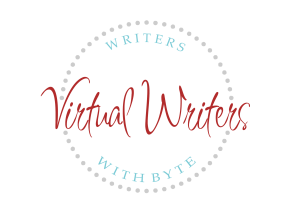



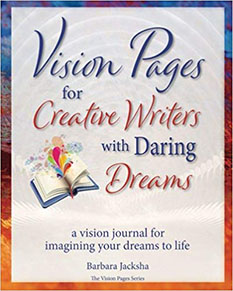
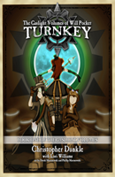
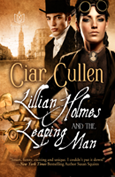
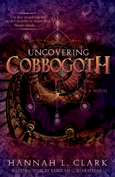
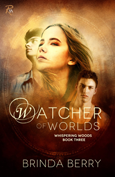
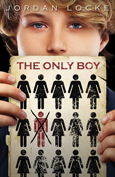
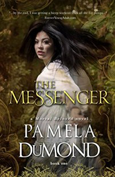
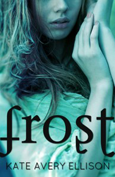
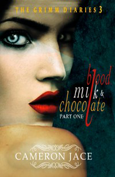
Follow Me